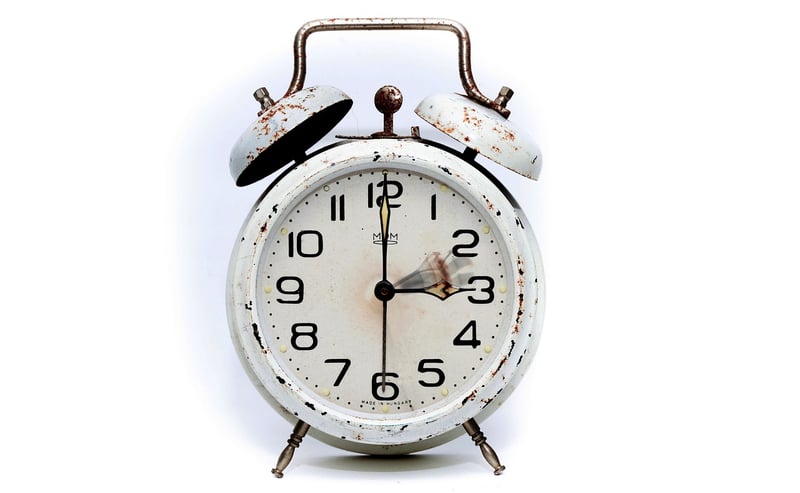Interfering with History
The Moral Considerations of Time Travel and Interfering with History
Time travel has long been a fascinating concept in science fiction, allowing for exploration of the past and future. However, the ethical implications of time travel and its potential impact on history are subjects of great debate and concern.
Paradoxes and Consequences
One of the primary moral considerations of time travel is the potential for paradoxes and unintended consequences. Altering events in the past could have ripple effects that drastically change the course of history, leading to unknown and potentially harmful outcomes.
Respecting the Timeline
Many argue that interfering with historical events, even with good intentions, is morally wrong. It raises questions about altering the natural progression of events and the impact on individuals and societies who were meant to experience those events.
Benefit vs. Harm
On the other hand, some believe that time travel could be used for positive purposes, such as preventing tragedies or improving the course of history. However, the line between benefiting humanity and causing harm is thin and difficult to navigate.
Temporal Responsibility
Another important consideration is the idea of temporal responsibility. Travelers must consider the implications of their actions on the timeline and take responsibility for the consequences of their interference.
Conclusion
In conclusion, the moral considerations of time travel and interfering with history are complex and multifaceted. While the idea of changing the past may be appealing, it comes with significant ethical dilemmas that must be carefully considered.

Exploring the concept of time travel opens up a world of possibilities and challenges our understanding of causality and morality. As we continue to contemplate the implications of altering history, it is essential to approach the subject with caution and respect for the fabric of time itself.
